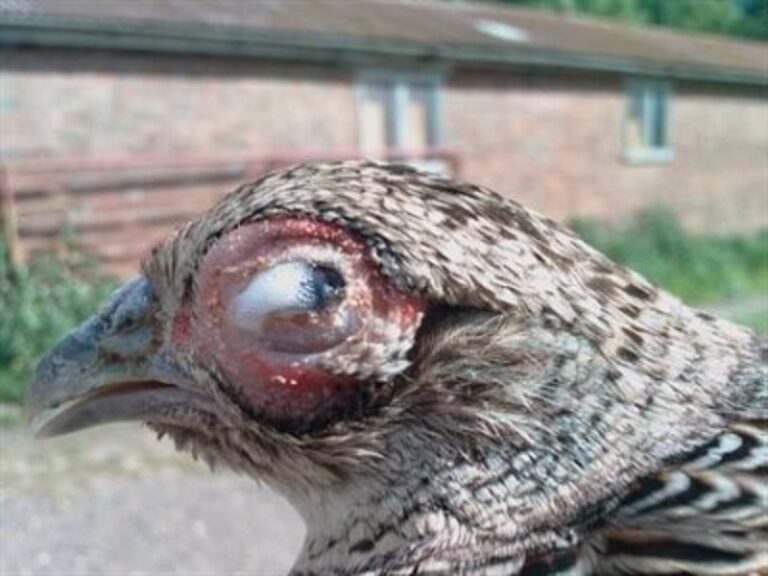As the partridge season gets into full swing, there have been several areas where vets have found late breakouts of motile protozoal disease.
According to vet Ben South from St David’s game bird services, early season population density in areas of cover has led to poaching of the ground around critical areas such as feeders and drinkers. With the additional stress from shooting and predation, weaker birds will see a disruption in gut flora and the breakout of bacterial enteritis with motile protozoa involved. “On the ground we are seeing small, listless birds. Deaths have occurred, although this is usually linked with a concurrent dehydration and ketosis. Early detection and treatment has been successful,” he said.
Release pens are now full and early poults are roaming. So far, the outbreaks of Mycoplasma have been minimal and controlled. “It is important to notify your vet of any respiratory signs seen in the birds, such as ocular or nasal discharge, so we can identify MG or other respiratory diseases early and treat,” said South. Worms will continue to be a problem in mild, wet weather as life cycles of ascarids, for instance, decrease. Once birds are released and on wheat, and where treatment isn’t possible, operating a sensible stocking density and avoiding having pens in particularly wet areas reduces this risk.
“We must stay vigilant for high numbers of unexplained deaths in game birds, water fowl and other wild birds this winter. The threat to Avian Influenza is currently moderate, but expect this to become high as migrant birds arrive. Notify your vet or local APHA office if you suspect anything,” said South.


